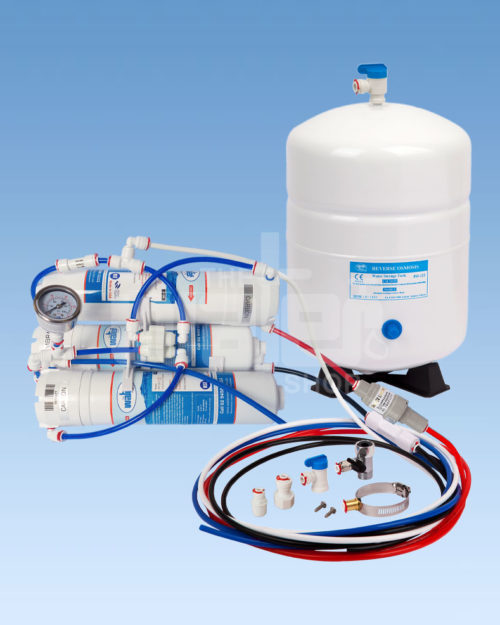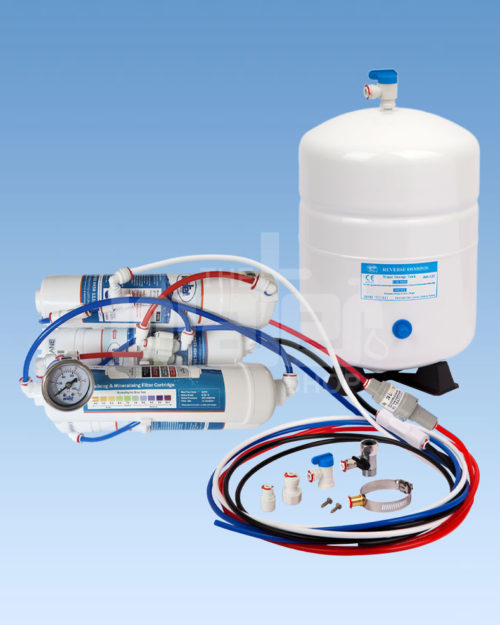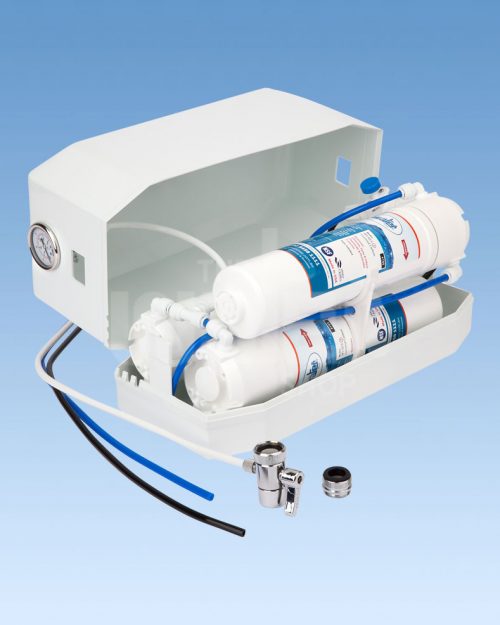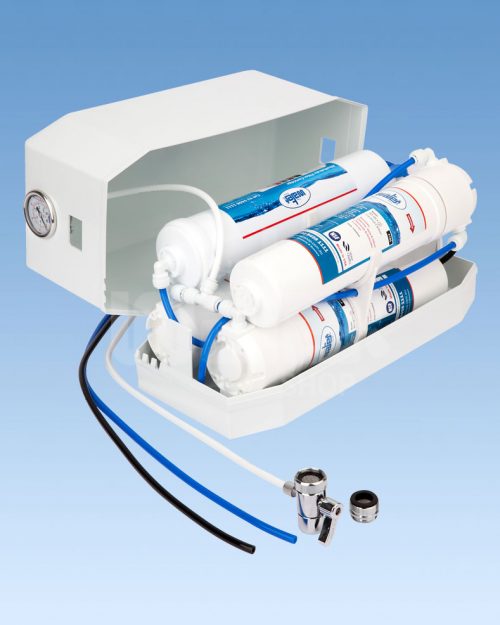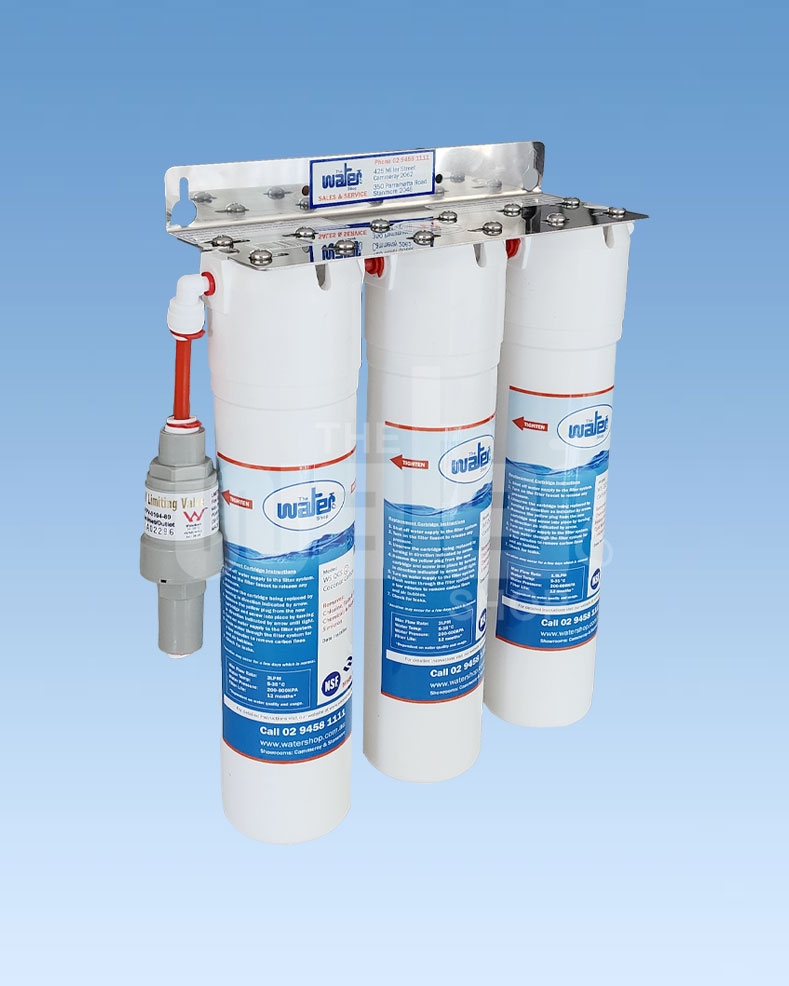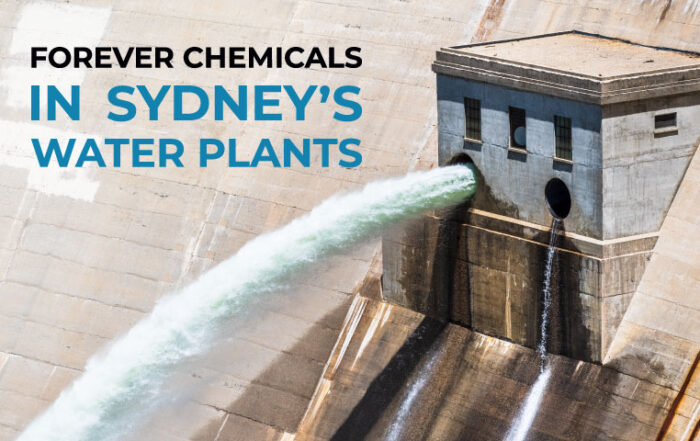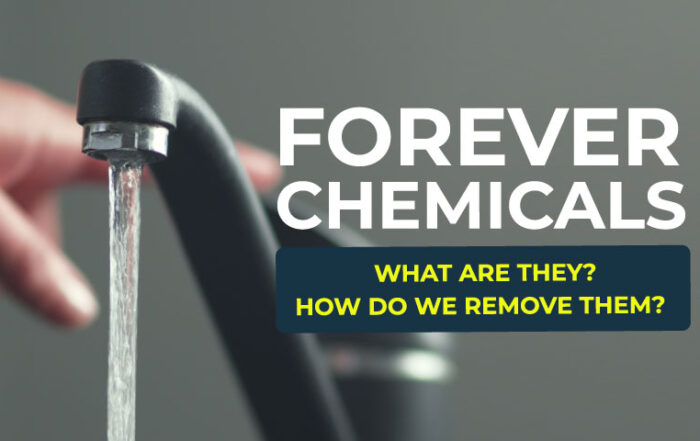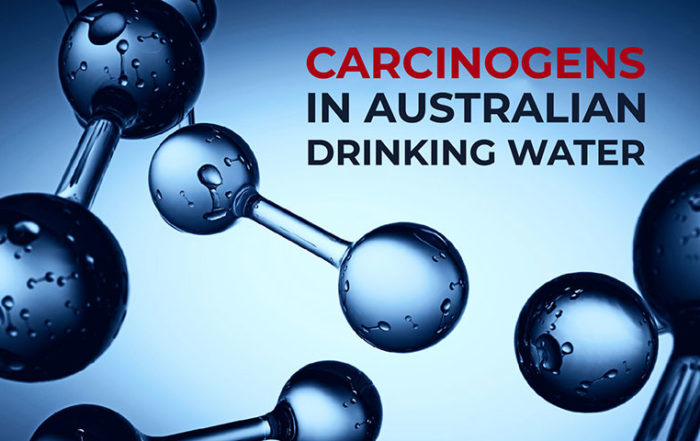Recent reports from across multiple news outlets including Sydney Morning Herald and Channel 9 have brought a concerning issue to the forefront: the presence of “forever chemicals” in Australian tap water. Such media outlets have highlighted the alarming levels of PFAS (Per- and Polyfluoroalkyl Substances) in our water supply. But what exactly are these chemicals, and how can we protect our health from their potentially harmful effects? At The Water Shop, we aim to provide you with the information and solutions you need to ensure your water is safe and clean.
What are forever chemicals?
PFAS, commonly known as forever chemicals, are a group of human-made substances that include PFOA, PFOS, and many others. These chemicals have been used in various industrial applications and consumer products, such as non-stick cookware, water-repellent clothing, cosmetics, and firefighting foams. They are termed “forever chemicals” because they do not break down easily in the environment or the human body, leading to long-term contamination and accumulation.
Health risks associated with PFAS
Exposure to PFAS has been linked to numerous health issues, including:
- Cancer
- Hormonal disruptions
- Immune system impairments
- Developmental issues in fetuses and infants
- Liver damage
Given these potential risks, it’s crucial to understand how these chemicals can enter our water supply and what steps we can take to remove them.
Recent findings on PFAS in Australian tap water
The Sydney Morning Herald has analyzed publicly available data, revealing that since 2010, these chemicals have been found in the drinking water of up to 1.8 million Australians. Affected areas include: Sydney suburbs like North Richmond, Quakers Hill, Liverpool, Blacktown, Emu Plains, and Campbelltown, as well as NSW regional centers such as Newcastle, Bathurst, Wagga Wagga, Lithgow, Gundagai, and Yass. Additionally, the pollutants have been detected in tap water in Canberra, the inner Melbourne suburb of Footscray, inner-city Adelaide, Queensland regional centers like Cairns and Gladstone, Kingborough in greater Hobart, and various locations across Darwin and the Northern Territory.
The need for immediate action to address this contamination and protect public health has been highlighted. The presence of these chemicals in our tap water underscores the importance of using effective filtration methods to ensure safe drinking water.
How to Remove PFAS from Your Tap Water
Reverse Osmosis Filters
One of the most effective ways to remove PFAS from tap water is through a reverse osmosis (RO) filtration system. This method works by forcing water through a semi-permeable membrane, which filters out contaminants, including PFAS. Reverse osmosis systems are known for their high efficiency in removing a wide range of pollutants (up to 0.0005 microns) making them an excellent choice for ensuring clean and safe drinking water.
Carbon Cartridges
Another viable option for reducing PFAS in your tap water is the use of carbon filters. These filters are designed to remove various contaminants, including chemicals. Carbon filters can still significantly reduce the levels of PFAS and other harmful substances in your water. We have various Undersink and Countertop options available to suit your needs.
Choosing the Right Filtration System
At The Water Shop, we offer a range of high-quality water filtration systems, including reverse osmosis and ceramic filters. Our experts can help you select the best solution for your needs, ensuring your tap water is free from harmful chemicals and safe for your family. These systems are available in store now!
Contact Us
Protecting your health and that of your loved ones starts with ensuring the water you drink is free from harmful contaminants. If you’re concerned about PFAS in your tap water, don’t hesitate to reach out to us for more information on our filtration systems.
- Contact us: The Water Shop Australia
- Call us: (02) 9458 1111
Our team is ready to assist you in finding the perfect solution to keep your water clean and safe.
Recently in Australian News

LET’S STAY CONNECTED
Discussion
Related Articles
If you enjoyed reading this, then please explore our other articles below:


